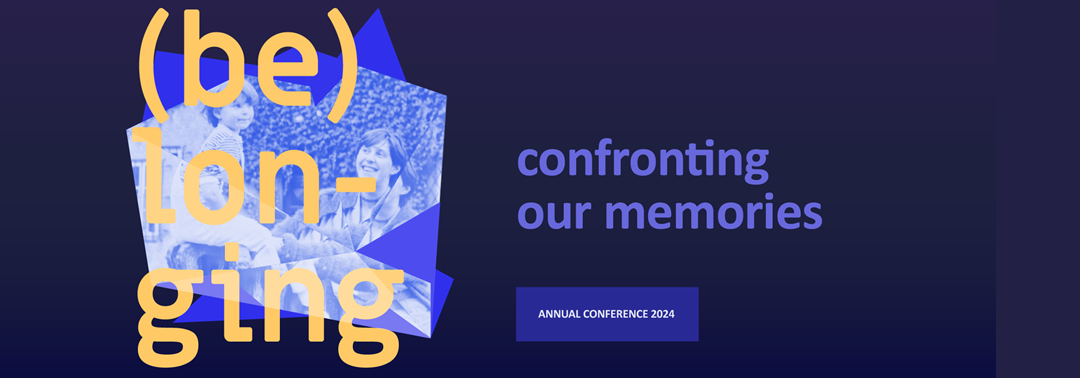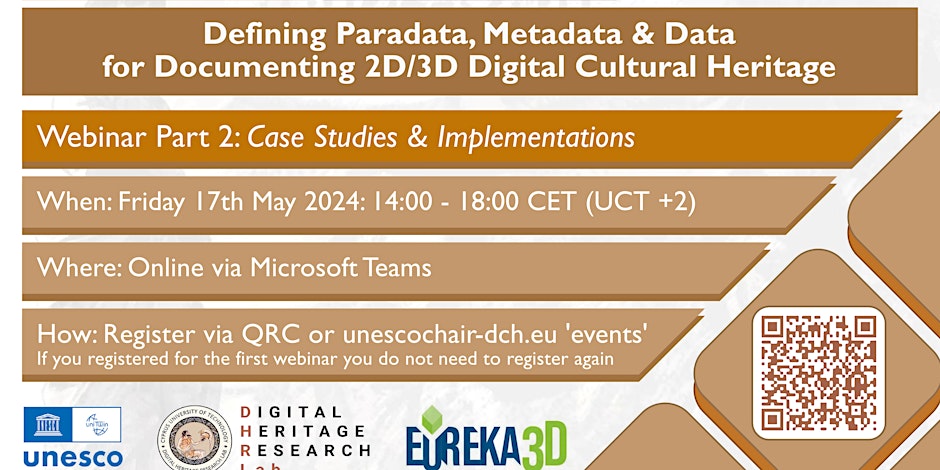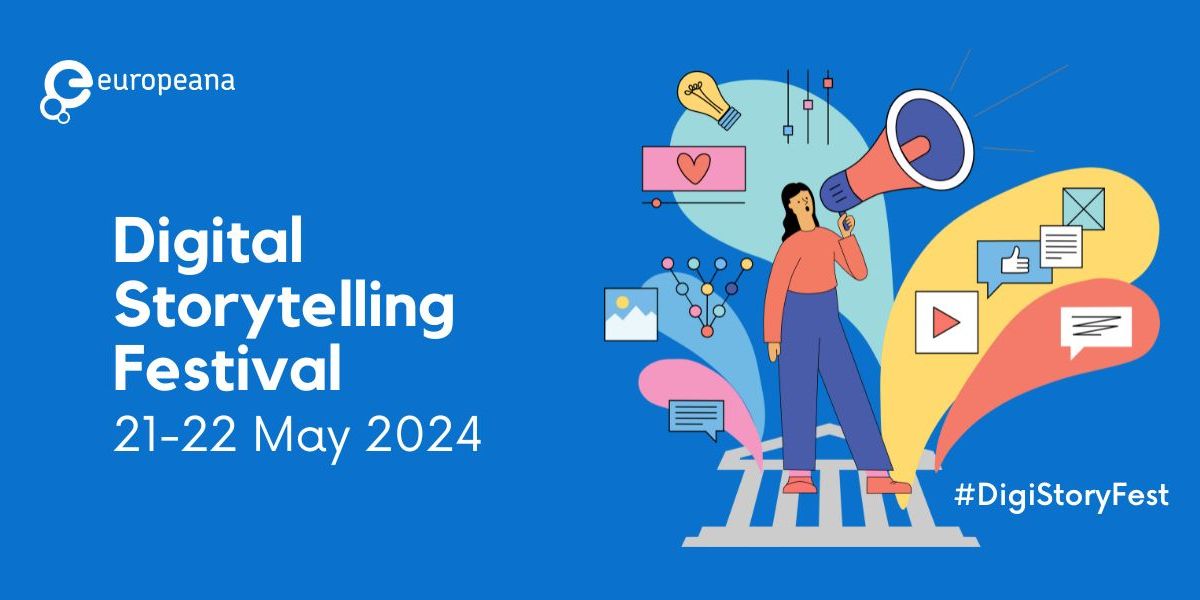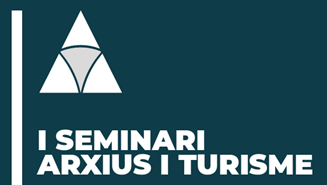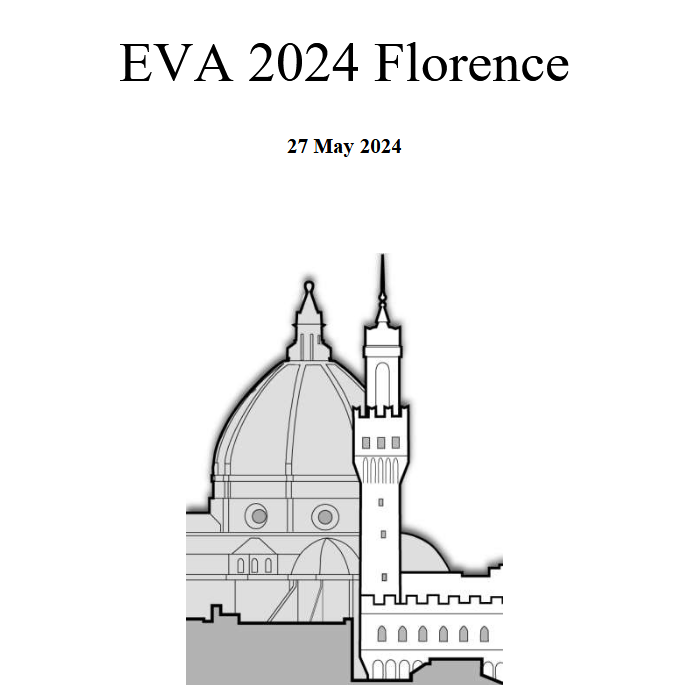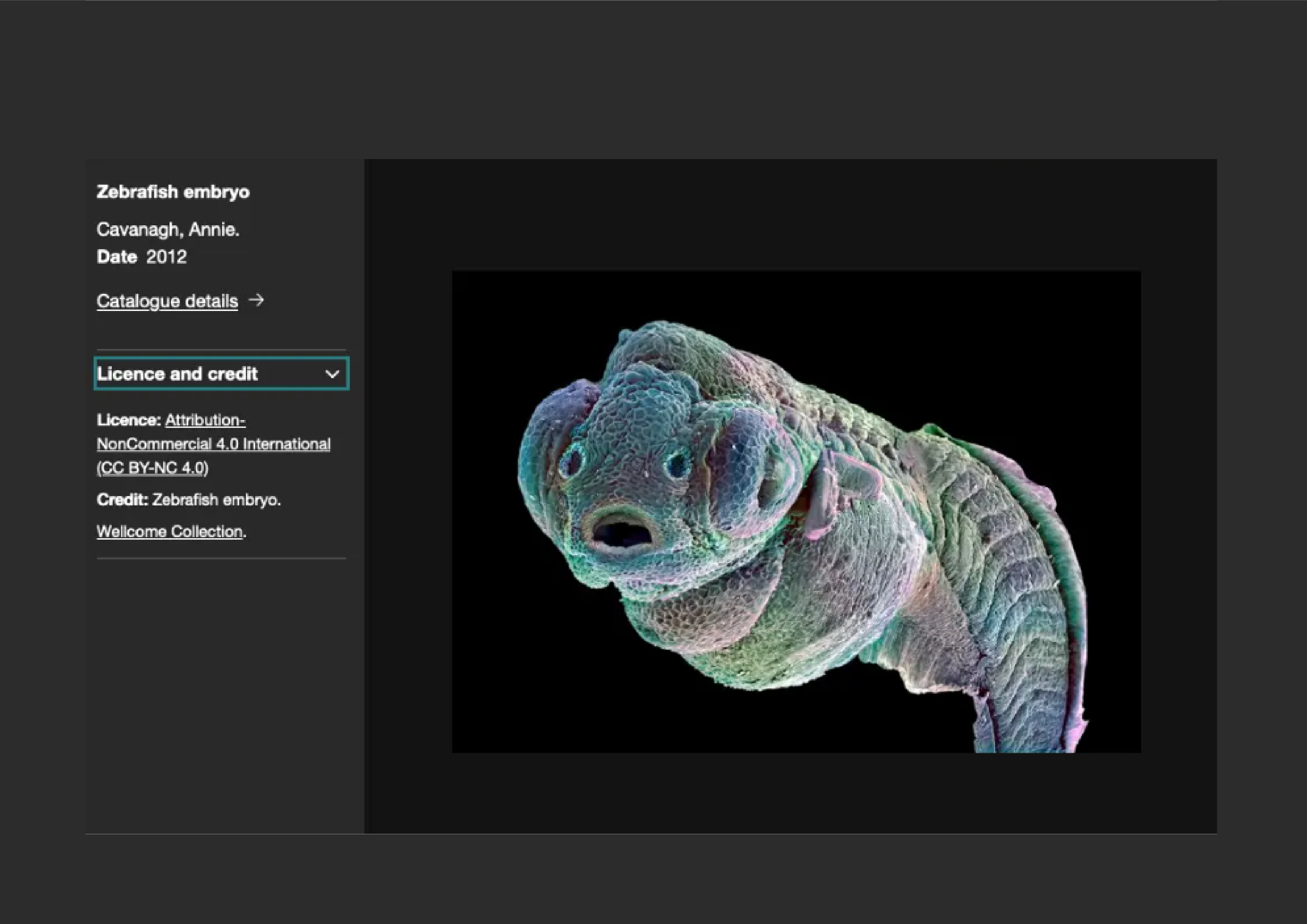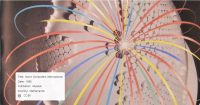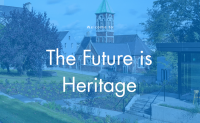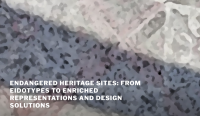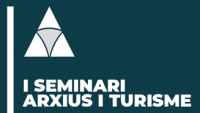CEPROQHA (NPRP9-181-1-036) is a cooperative research project between Qatar University and Brunel University (UK), funded by the Qatar National Research Fund (QNRF) under the National Priorities Research Program (NPRP). As the State of Qatar transitions to a knowledge-based economy, it seeks to ensure that the nation’s path to modernity is rooted in its values and traditions, considering digitization tecnologies and tools for the preservation of Qatar’s culture, traditions and heritage. As part of the Digital Content Program, the national plan aims to provide incentives for the development of a vibrant digital ecosystem through which future generations can tap into their past and create new expressions of Qatari culture on the global stage.

The global aim of this project is to develop a new framework for a cost-effective cultural heritage preservation using cutting-edge 3D Holoscopic imaging technology and archival tools. For this, CEPROQHA leverages its partners research and innovation expertise to achieve its objectives.
The documentation of cultural assets is inherently a multimedia process, addressed through digital representation of the shape, appearance and preservation condition of the Cultural Heritage (CH) object. CH assets are not clone-able physically or impeccably restorable, and hence their curation as well as long-term preservation require the leveraging of advanced 3D modelling technologies. However, this poses serious challenges since the generation of high quality 3D models is still very time-consuming and expensive, not least because the modelling is carried out for individual objects rather than for entire collections. Furthermore, the outcome of digital reconstructions is frequently provided in formats that are not interoperable, and therefore cannot be easily accessed and/or re-used and understood by scholars, curators or those working in cultural heritage industries, thereby resulting in serious risks menacing the sustainability of the reconstructions. Indeed, the digital model is progressively becoming the actual representation of a cultural heritage asset for anybody, anywhere and anytime, and therefore this project intends to acknowledge the changing role that reconstruction, visualisation and management now play in the curation of heritage and its analysis.
Project website: http://www.ceproqha.qa/


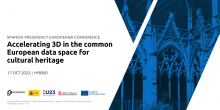
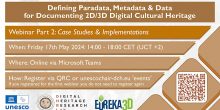
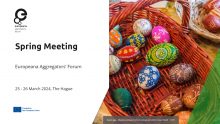
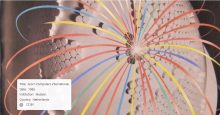
 If you have interesting news and events to point out in the field of digital cultural heritage, we are waiting for your contribution.
If you have interesting news and events to point out in the field of digital cultural heritage, we are waiting for your contribution.


